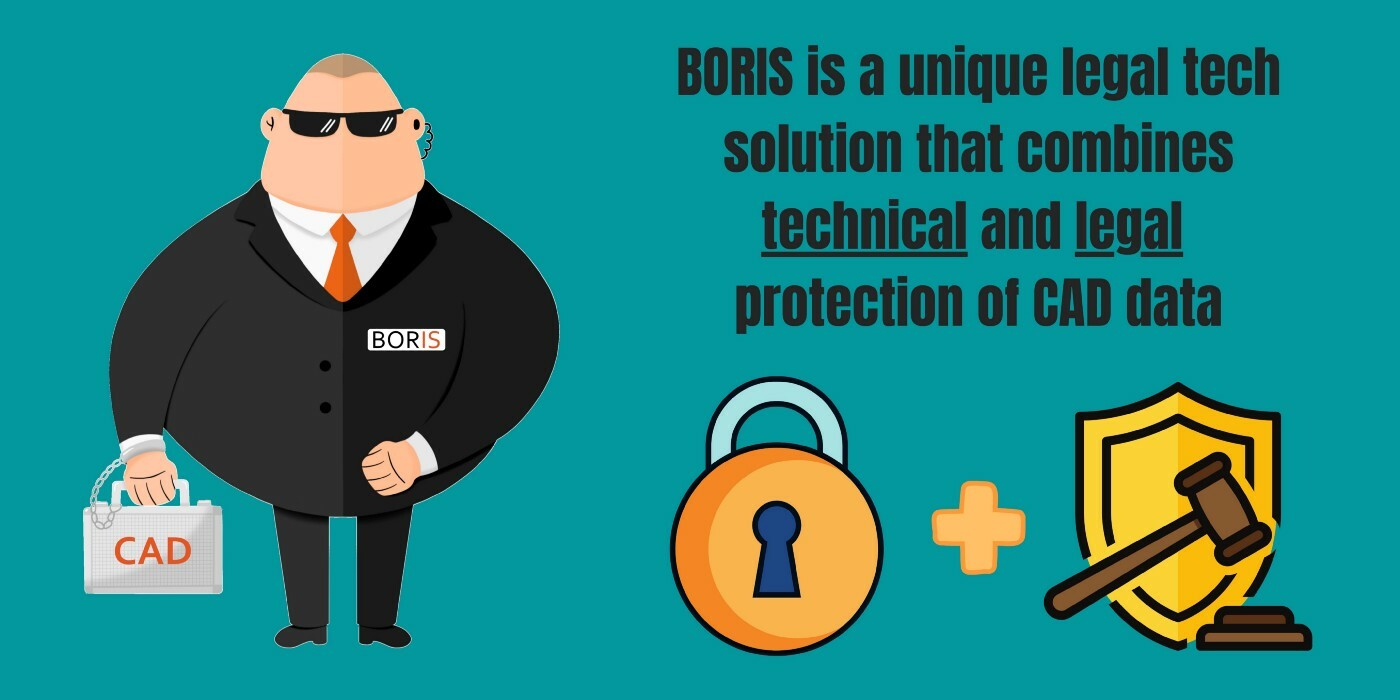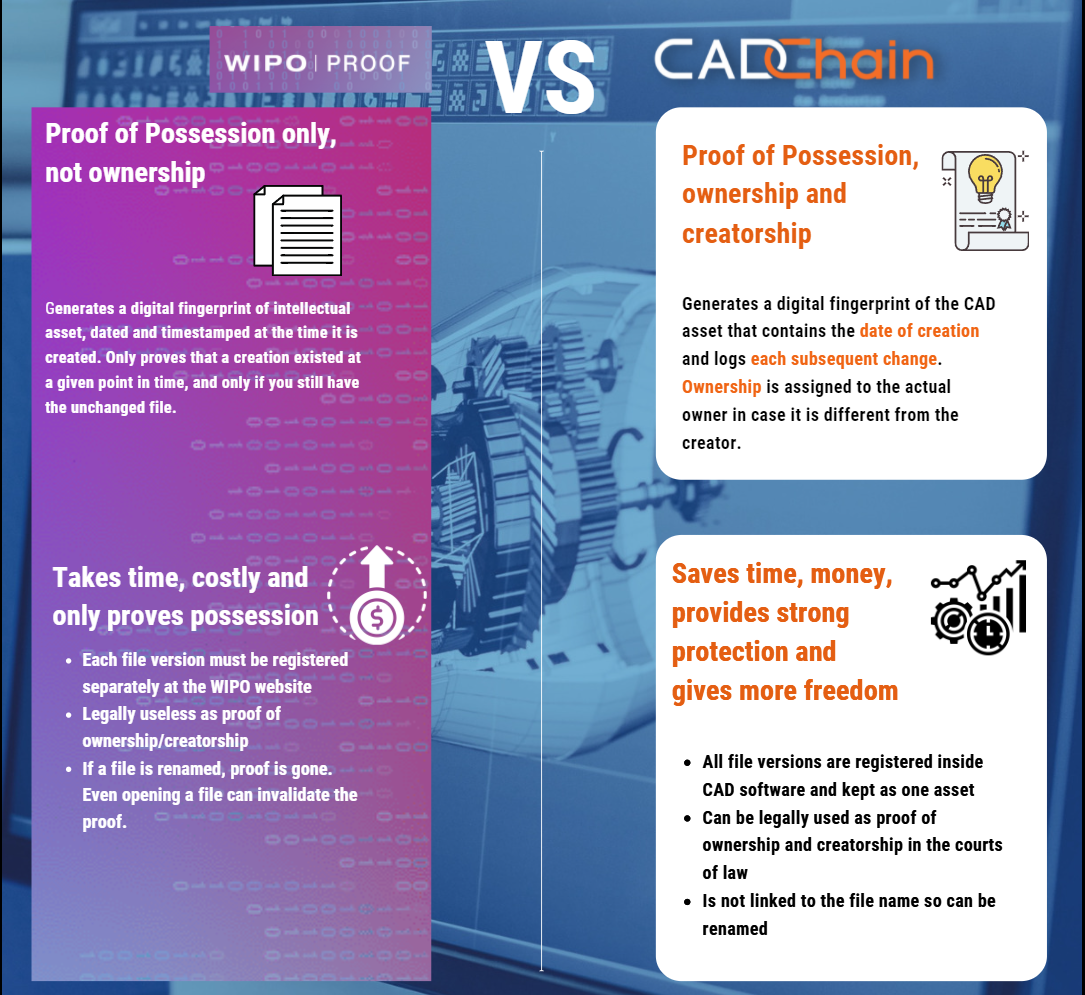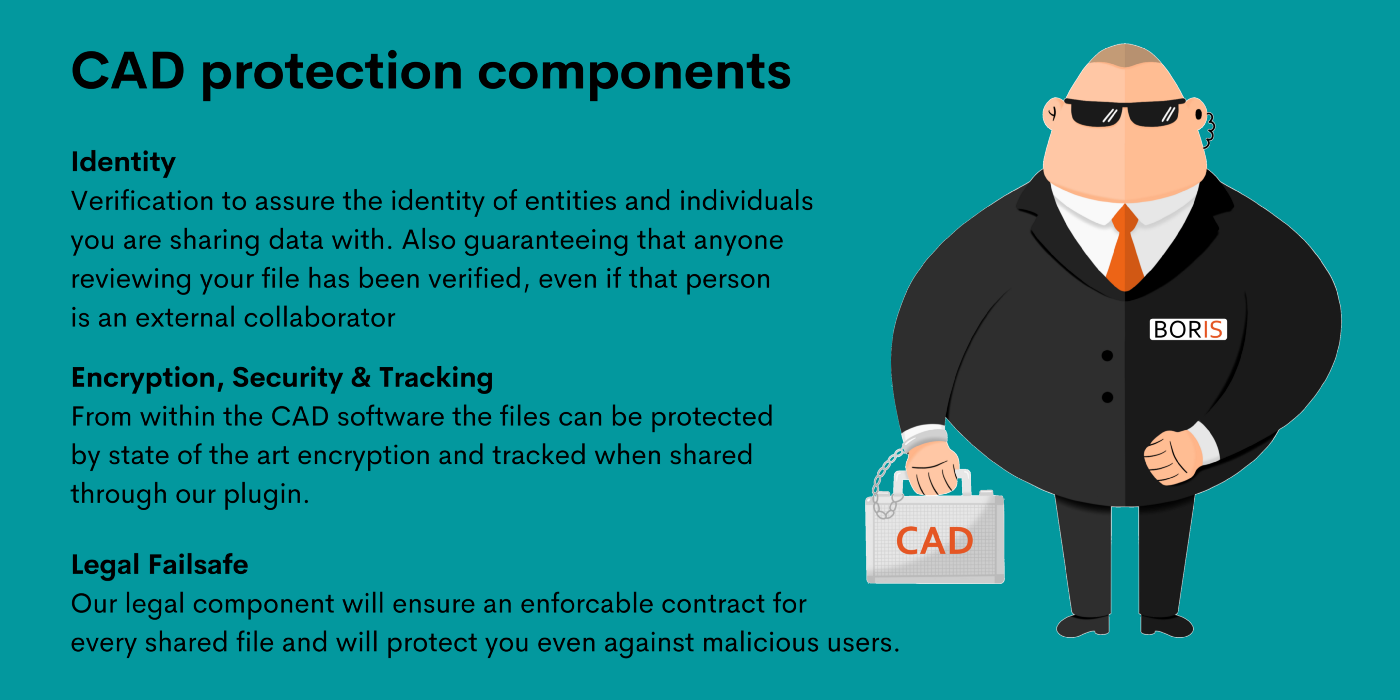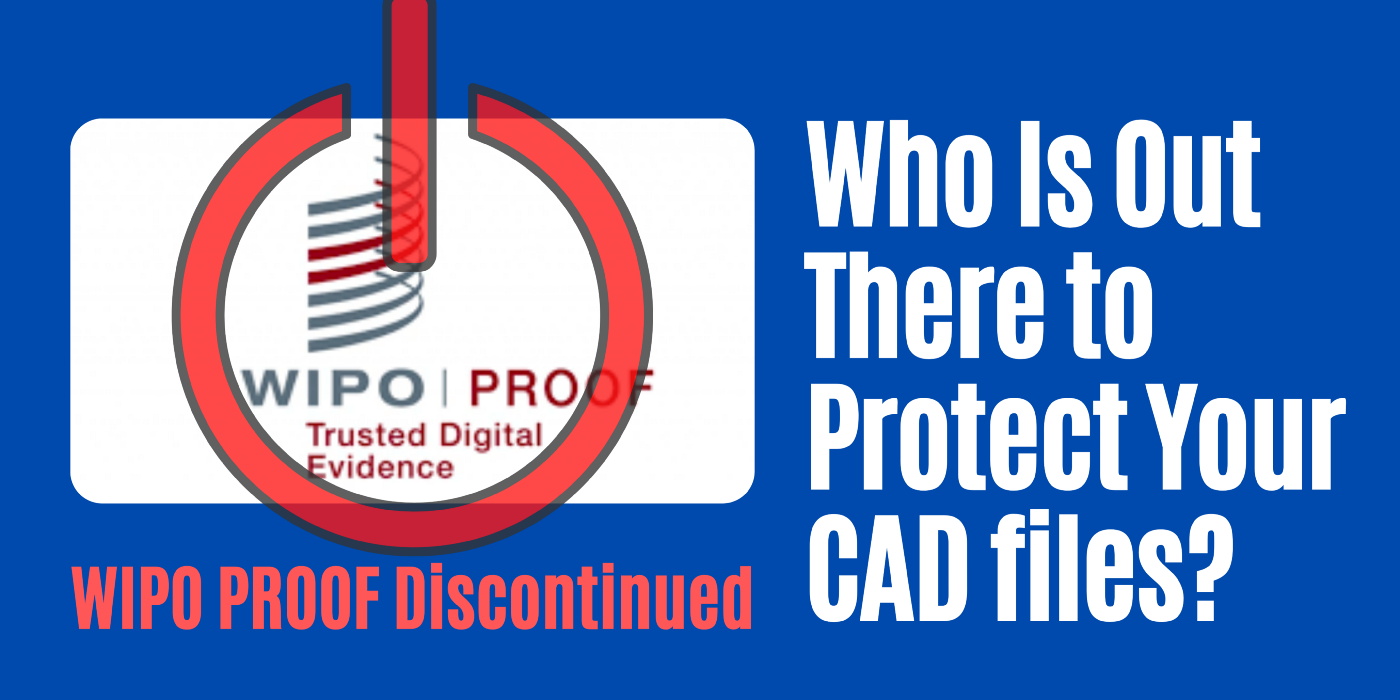Possessing or applying for IP rights means getting a greater amount of outside investment, as well as taking a more advantageous position when negotiating for it. Capitalists need to know the exact value of everything they plan to buy, and, to win over them, you need to prove that there is no risk of losing the IP.
The problem of patenting IP properly has been concerning not only to regular people but even for the United Nations (UN). To solve it, the organization created the World Intellectual Property Organization (WIPO) that is tasked with developing an innovative IP system for the benefit of all. This rather vague description means that the organization oversees the whole process and prevents people from patenting an invention twice.
What was WIPO PROOF?
The WIPO puts a lot of effort into achieving its goal of a transparent patenting system. For example, it manages a database allowing users to search for patent information on inventions.
In 2020, the WIPO launched a new service dubbed WIPO PROOF. The idea of the initiative was to create a tool to timestamp documents. It worked by using a blockchain-like technology to create a digital signature of a file. But the whole process was rather time-consuming and tedious.

First of all, a user had to use the tool to create a digital signature of a file and store it with the WIPO. Then, the signature was timestamped, marking the original condition of the file. The user had to repeat the procedure all along with every copy of the corresponding document. If the digital signatures matched, then the document had not been changed. Hence, one could verify that their files hadn’t been altered until a certain period in time.
Another interesting feature of the technology was that the hash calculation was performed locally by the user’s internet browser. This meant that the file’s hash wasn’t sent to anyone, even to the WIPO. It was possible to use the tool to timestamp various files, including CAD files, digital drawings, or even non-disclosure agreements and databases. The proof of possession was provided to the owner via a digital token for the file.
Failed to compete with the private sector?
In September 2021, the WIPO decided to discontinue its digital timestamping service due to the lack of demand. Another possible cause for the termination of the tool was the proliferation of digital verification services in the private sector. As the WIPO director general Daren Tang said, “WIPO should not be doing things which the private sector is already doing.”

The tokens are no longer issued since the initiative is over, but they will stay valid for those who have obtained any. The tokens were not largely popular, with just 3,000 sold in the first year, which is well short of the initial target of up to 100,000.
Despite all these positive ideas, the technology only proved that a certain file existed at a given point in time. This means that the timestamp meant anything only if you still had the unchanged file, which did prove possession but not ownership. Probably the fact that securing a file with WIPO PROOF was too time-consuming, costly, and legally useless made otherwise good initiative void.
No reason to panic — we’ve got a better solution for you
The WIPO’s director general got it right — the private sector of IP protection is booming, and CADChain has something to offer.
Meet BORIS, an AutoDesk Inventor plugin designed to protect CAD files. The solution takes the idea of stamping files and takes it further blending cryptography and geometry to fully secure it. To achieve this goal, BORIS generates a digital fingerprint with the date of creation and each subsequent change logged into it.

The whole process of creating a digital fingerprint is carried out with a geometric twin of your CAD file. We don’t store your file on a blockchain since it would require a whopping amount of resources.
So it is a stamped twin being moved down the chain of supply while your file is safe and sound. Our solution functions from within the CAD software, which is easy and fast, requiring no additional work from the designer.

The digital fingerprint makes you the first in the line of ownership, and, should any dispute arise, you will have the means to protect your property. It is possible because, along with using encryption to protect your files, we use Ricardian smart contracts to legally prove your ownership over every piece of your CAD file.
This helps to gradually speed up the process of licensing and is valid in the courts of law. Smart legal contracts have already been approved in China, making it possible to secure your rights when working with manufacturers there.

Another component of our solution is CADTrack, the interface that manages legal contracts and oversees data sharing, registering each change, giving full control and oversight to the owner. Thanks to it, your files can be accessed, opened, and modified only by verified parties.
Last year, the European Commission recognized blockchain as a game-changing technology in terms of data sharing. We intend to help small and medium enterprises to protect their most valuable assets, CAD files, and we have all the necessary tools and means to do so. It is no miracle that the private sector of data protection will carry on developing and we are up for the challenge.
BORIS is our main product, and we plan on expanding to a new level. Try it out and see for yourself.


